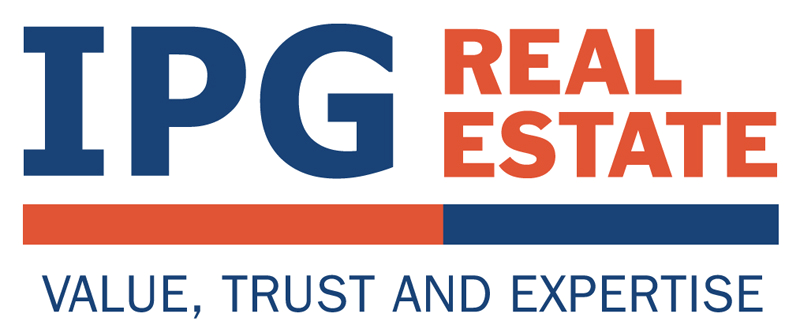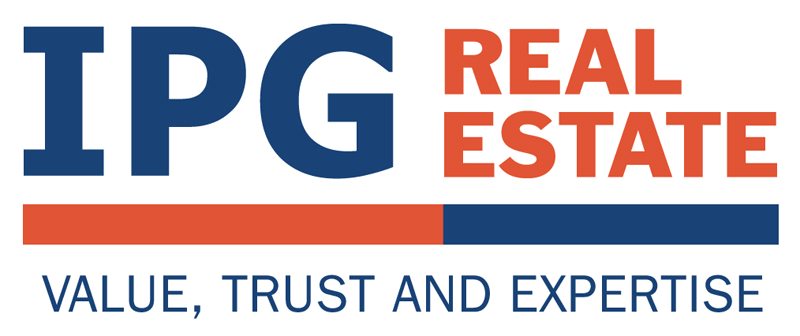When you become serious about selling your business, you should start preparing yourself and your company months in advance. There are many steps you need to take in order to be prepared for the selling process. These steps include: preparing financial statements, creating a realistic growth plan for your future buyer, uncovering potential dependencies, recognizing areas of dependencies, recognizing excess assets, researching potential sellers, doing an independent business valuation, and keep sales performance level.
The first, preparing financial statements, often involves recasting them to show a maximization of cash to the sellers. Often times accounting methods are used to minimize the appearance of taxable net income. It is in your interest to show the maximum net income possible to your potential buyer.
Planning for future growth allows the potential buyer to see how the company plans to survive with the owner gone; they must be reassured that with you leaving, the company will not fail. It also shows that the connections you posses that have helped your business get to where it is at its current point, will not fall through due to your absence.
Show casing potential dependencies are not always a bad thing, in terms of being transparent about the potential deal-breaker. Three key dependencies include customers, vendors, and employees. these need to be reduced so the buyer does not uncover them by themselves and wonders what else you have been hiding.
An independent valuation is necessary to prepare yourself for a realistic selling price. At IPG we offer this service for free and invite you to contact us today in order to gain access to our valuation data.
Excess assets should be reduced as the buyer is not likely to want to purchase excessive amounts of inventory and sales should be kept steady.
To find an appropriate buyer for your business, contact a real estate professional, such as the ones at IPG, who can help you achieve your selling goals.
Written by: Lindsay Craven

